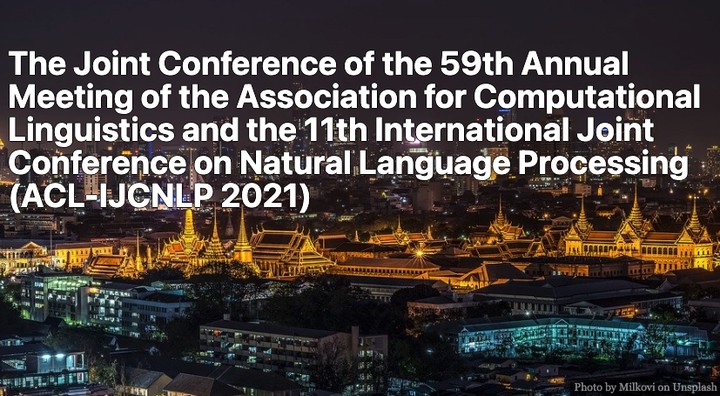Risk Minimization for Zero-shot Sequence Labeling

Abstract
Zero-shot sequence labeling aims to build a sequence labeler without human-annotated datasets. One straightforward approach is utilizing existing systems (source models) to generate pseudo-labeled datasets and train a target sequence labeler accordingly. However, due to the gap between the source and the target languages/domains, this approach may fail to recover the true labels. In this paper, we propose a novel unified framework for zero-shot sequence labeling with minimum risk training and design a new decomposable risk function that models the relations between the predicted labels from the source models and the true labels. By making the risk function trainable, we draw a connection between minimum risk training and latent variable model learning. We propose a unified learning algorithm based on the expectation maximization (EM) algorithm. We extensively evaluate our proposed approaches on cross-lingual/domain sequence labeling tasks over twenty-one datasets. The results show that our approaches outperform state-of-the-art baseline systems.